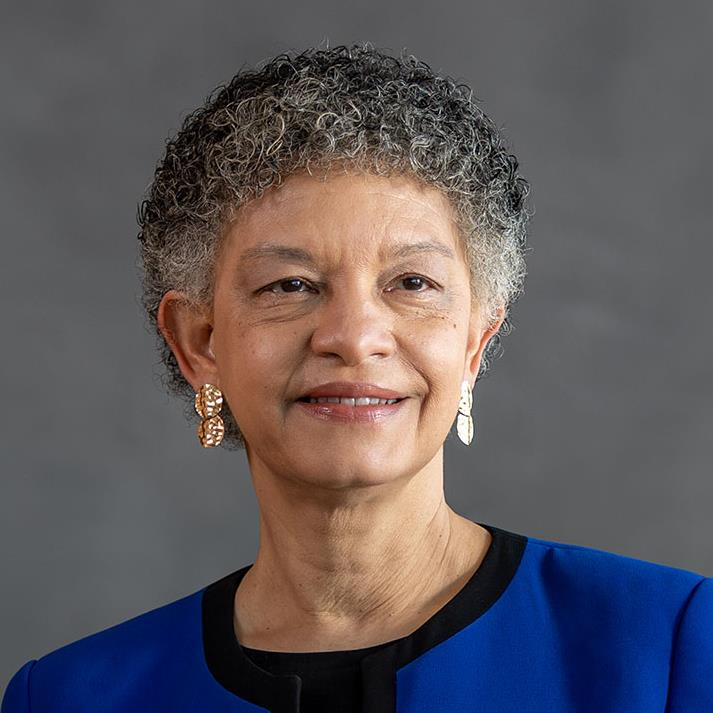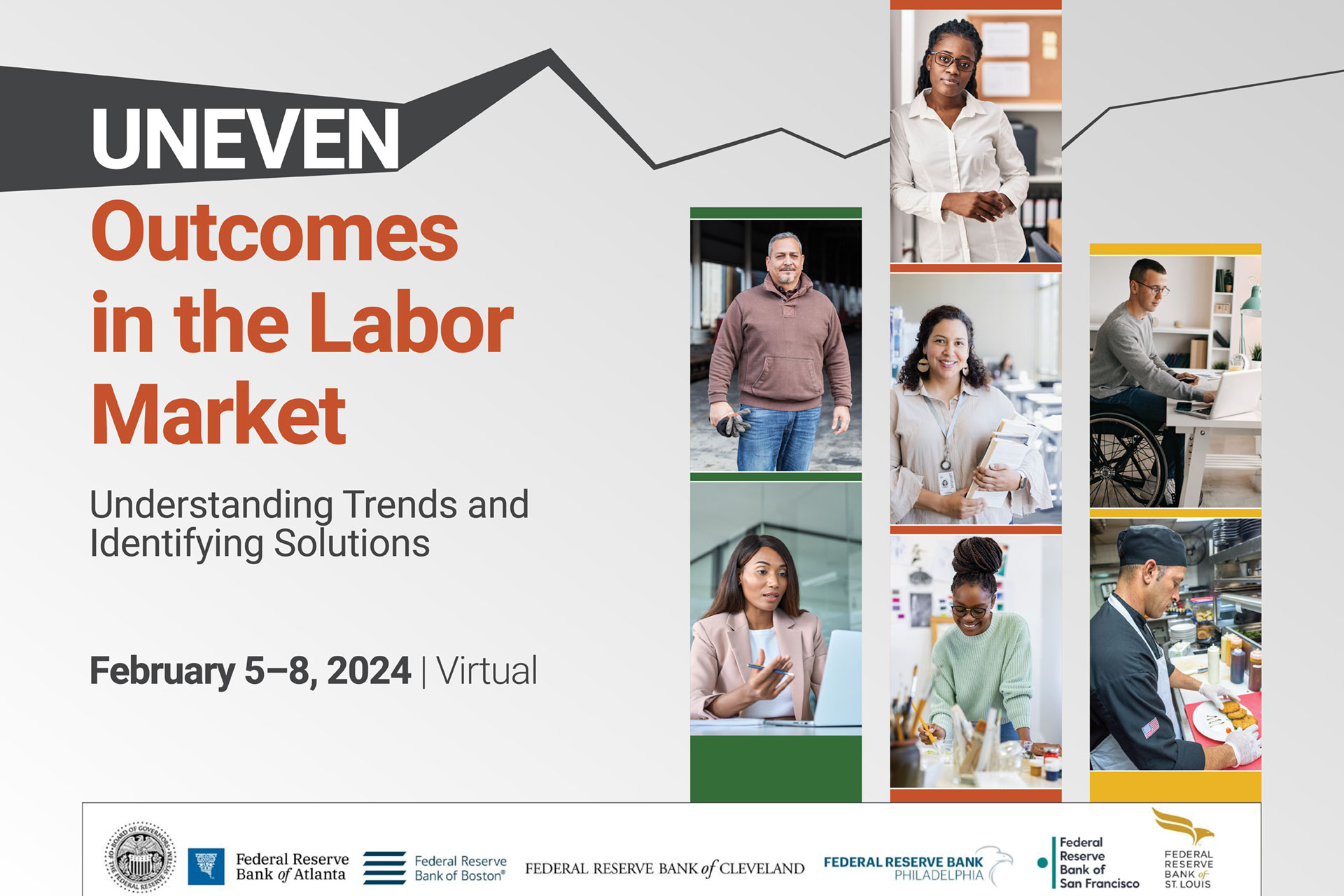
- This event has passed.
Left Out or Dropped Out? Continuing the Conversation on Men and Women in the Workforce
February 6, 2024 @ 2:00 pm – 3:30 pm EST
Economic and cultural factors affect an individual’s decision about how to engage with the workforce. Please join us for a discussion of research on how some incentives and barriers drive differing labor force participation decisions for men and women.
Speakers

Kristy Buzard
Associate Professor of Economics
Maxwell School of Citizenship and Public Affairs, Syracuse University

Susan M. Collins
President & Chief Executive Officer
Federal Reserve Bank of Boston
Principal

Jennifer Fernandez
Senior Community Development Analyst
Federal Reserve Board of Governors
Agenda
Welcome
Jennifer Fernandez
Senior Community Development Analyst
Federal Reserve Board of Governors
Opening Remarks
Susan M. Collins
President and Chief Executive Officer
Federal Reserve Bank of Boston
Day’s Framing
Richard Reeves
President
American Institute for Boys and Men
Who You Gonna Call?: Gender Differences in Demand for Parental Involvement
Presenter: Kristy Buzard
Associate Professor of Economics
Maxwell School of Citizenship and Public Affairs, Syracuse University
Pulled Out or Pushed Out? Why So Many Men No Longer Work
Presenter: Evgeniya Duzhak
Regional Policy Economist
Federal Reserve Bank of San Francisco
A Natural Experiment Evaluating the Effects of Subsidized Child Care on Mother’s Employment
Presenter: Leah Gjertson
Senior Researcher
Chapin Hall at the University of Chicago
Labor Market Transitions over the Business Cycle: Gender Differential in the United States from 2001 to 2020
Presenter: Huanan Xu
Associate Professor
Indiana University South Bend
Discussant and Q&A
Chandra Childers
Senior Policy and Economic Analyst
Economic Policy Institute
Closing
Presented by

Location
In 2024, community development staff from the Federal Reserve Board of Governors and the Federal Reserve Banks of Atlanta, Boston, Cleveland, Philadelphia, San Francisco, and St. Louis are hosting a conference, Uneven Outcomes in the Labor Market: Understanding Trends and Identifying Solutions. The conference will convene a diverse network of researchers, policymakers, and practitioners to examine inequities in labor market outcomes and explore the implications of disparities on aggregate economic performance, individual workers, and communities. They will also discuss new directions for policy and research.
Understanding employment conditions requires evidence from a wide spectrum of sources. To this end, the Federal Reserve is interested in highlighting research that examines disparities in employment, labor force participation, income, and wealth across demographic groups. Analyzing disparate outcomes can inform policy that identify those who are excluded from the mainstream economy and suggests pathways for inclusion.











